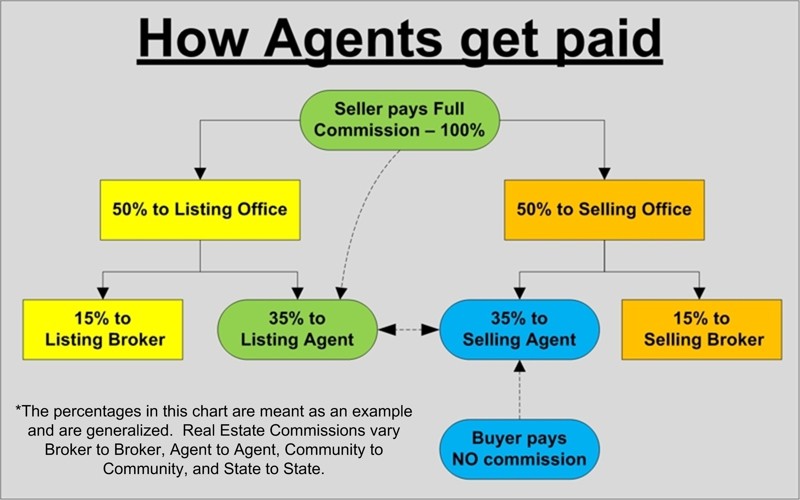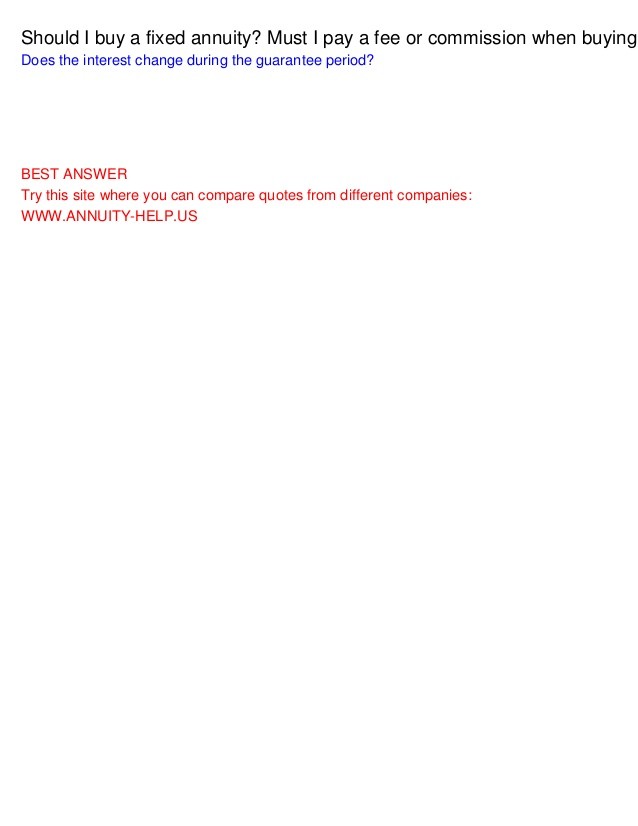How much should I be paying in fees and commissions
Post on: 28 Июнь, 2015 No Comment

Obviously, the less the better. To put things in perspective, no-load mutual funds average about a 1% annual management fee. Sales charges on load funds can be as high as 8%. So called wrap accounts at full service brokerage firms can add up to 3% on top of the mutual fund management fee. Some of the most creative minds on Wall Street are are busy devising fees of every species and description. They clearly can add up.
Indeed, fees have gotten so high that many investors would be better off not using mutual funds at all. (See, Should I invest in mutual funds or individual stocks and bonds? .)
How much can you expect to make on your investments? From 1926-1995 the stock market has returned on average 10.5% per year, long term bonds returned 5.2% per year, cash reserves (e.g. money market funds) returned 3.7%. For the more recent past, say 1986-1995, the averages were: stocks, 14.8%; long term bonds, 11.9%; cash reserves, 5.6%. Assuming you’ve decided to accept the risks of the stock market, even a 1% management fee is equal to about 10% of your annual return. Since most Americans don’t give 10% of their income to church, they probably shouldn’t be giving 10% or more to Merrill-Lynch or Smith-Barney. This is especially true in the light of studies that show that up to 80% of professional money managers underperform the S&P 500 index.
(Editor’s note: Actually, professional money managers have performed much worse than this. The October 1997 issue of Kiplinger’s Personal Finance Magazine. (Page 34) reported that 92% of the U.S. diversified stock-owning funds underperfomed the S&P500 over the past 12 months, 94% underperformed for the past 3 years, 84% underperformed over the past 5 years, and 86% underperformed over the past 10 years. A British friend of mine (with considerable understatement) called this, An astonishing record of performance.)
Recently, I saw a big time Wall Street money manager being interviewed on CNBC as the conversation turned to the effect that the Internet was having on investing. Today, small investors have immediate access over the Internet to the same information as large Wall Street firms. Mr. Big Time allowed that it was true that small investors now had the same information, but they shouldn’t expect the same results that a highly compensated Wall Street professional can provide. I believe he’s right. The odds are that by eliminating high fees and commissions the average investor can do much better.
No less an authority than Warren Buffett, Chairman of Berkshire Hathaway indicated as much in his 1996 Letter to Shareholders. Mr. Buffett wrote that Berkshire Hathaway’s after-tax headquarters expense amounts to less than 2 basis points (1% equals 100 basis points), while the average mutual fund is 100 basis points or more. He also commented on so called active management of many mutual fund managers that leads to high portfolio turnover and transaction costs. We continue to make more money when snoring than when active, says Mr. Buffett.
Need more evidence? William F. Sharpe, Professor of Finance at Stanford University and winner of the 1990 Nobel Prize in Economics, says much the same. In an interview in the April 7, 1997 issue of Barron’s Professor Sharpe indicated that the two most important predictors of mutual fund performance were expenses (i.e. management fees, sales loads, etc.) and portfolio turnover (which incurs brokerage fees and other transaction costs). Past performance (the one factor most people look at) was a distant third. Professor Sharpe said, The record is mixed, but the preponderance of the studies would argue that once you take into account expenses and turnover, past performance really doesn’t tell you much, if anything.
But, I think Louis Rukeyser said it best in the November 1997 Special Issue of Louis Rukeyser’s Mutual Funds newsletter. The sad truth is that last year fewer than one stock fund in five beat the unmanaged S&P 500. And over the past three calendar years, an astonishing 92% did worse. Which means that the overwhelming majority of these money managers are getting their megabuck salaries for reducing your return!
It’s entirely possible that 10 to 15 years from now people will marvel at the current appetite for actively managed mutual funds and their attendant high expenses and below average returns. While many folks are suitably entertained by the appearances of well dressed fund managers on Wall Street Week and CNBC. as investors, we’re not sure we want to pay their clothing bills. Once the correlation between high management fees and below average performance becomes more familiar to the average investor, we believe these funds will be regarded as the cigarettes of the new millenium. Every bit as harmful to your wealth as tobacco is to your health.
Can the average investor make use of this sage advice? Is there any way for a small investor to put together a portfolio for less than 2 basis points in fees and commissions? Let’s see.

Retire Early’s Low-Fee Portfolio
To show what’s possible, Retire Early has put together a balanced portfolio of 70% stocks, 20% bonds and 10% cash with a total asset value of $500,000.
For the 70% stock portion we suggest the Dogs of the Dow. The Motley Fool investment forum has popularized a variation on this approach that advises the purchase of 4 of the top 10 highest yielding Dow stocks. These equity securities can be purchased through one of the several reputable deep discount brokers that allow you place an order to buy or sell an unlimited number of shares for $20 or less.
The 20% bond portion of the portfolio should go into a laddered portfolio of 2, 3, and 5 year US Treasury Notes. These can be purchased with zero fees and commissions through a Treasury Direct account as long as the account balance is kept under $100,000. (A $25 per year service charge is levied on accounts over $100,000.) The bond portion has been limited to $99,000 to avoid the $25 annual fee.
The 10% cash balance should be placed in one of the many money market funds that are currently waiving their management fee. However, you have to be alert. Management fees can be reinstated on short notice and with a vengence, often approaching 100 basis points.














